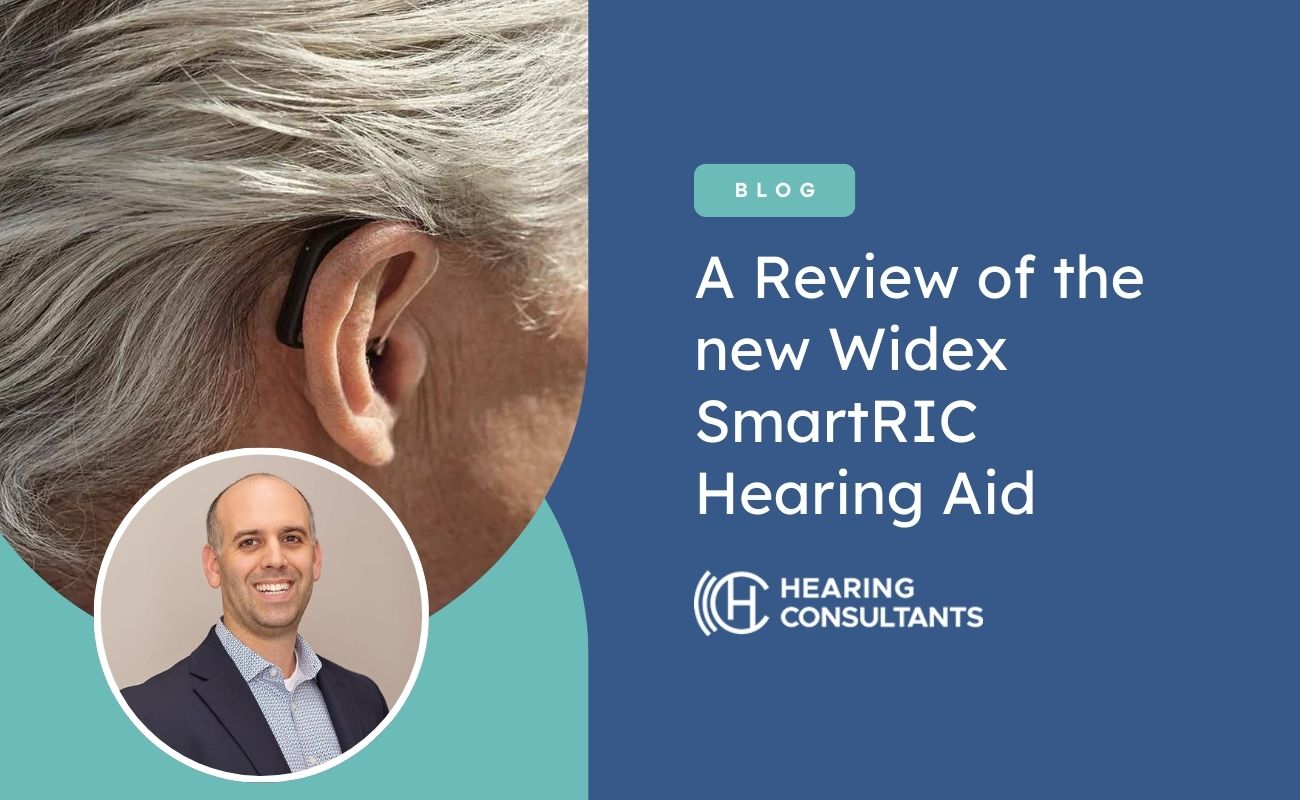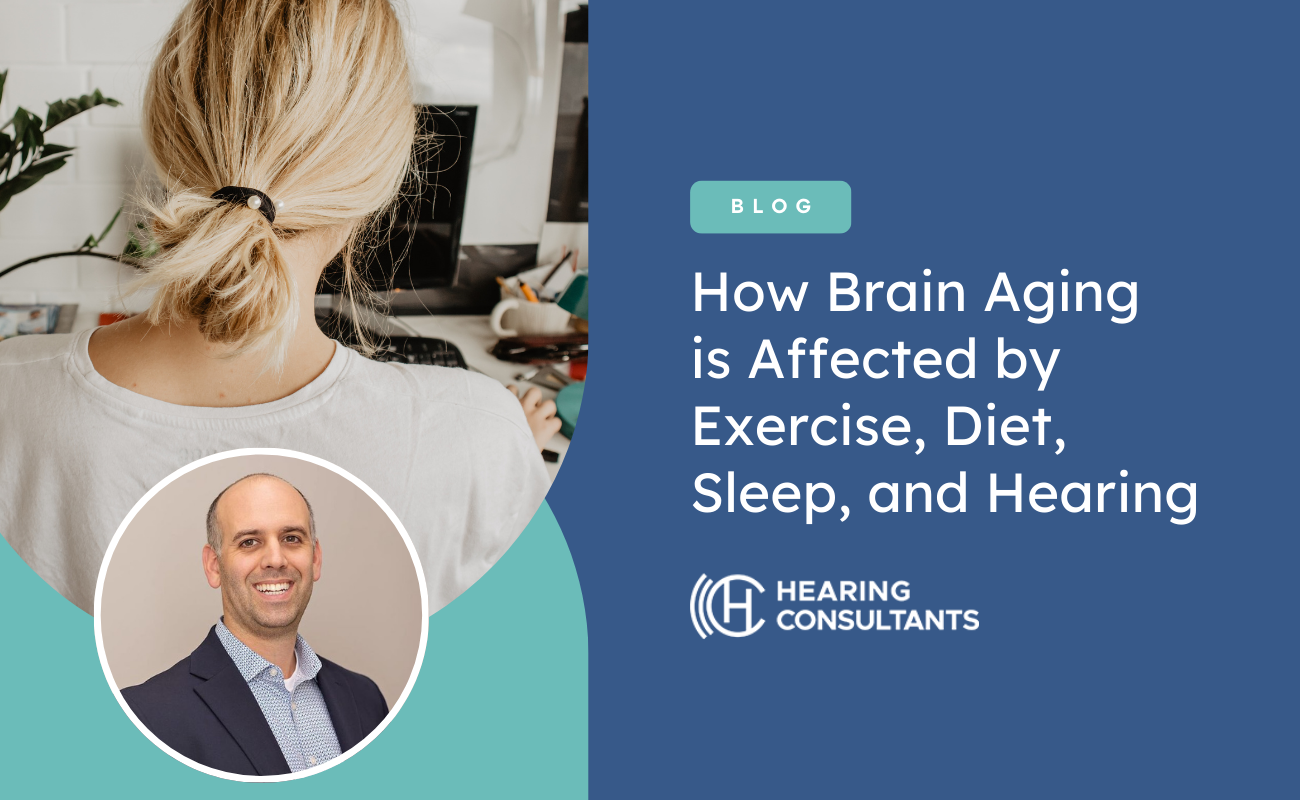A Link between Hearing Loss & Secondhand Smoke
Many people underestimate the dangerous effects of hearing loss. While it starts with simple misunderstandings, unaddressed hearing loss over the years turns into rifts in your closest relationships, decreased earnings at work, higher rates of unemployment, cognitive decline, depression, and decreased mobility – just to name a few. With the understanding that hearing loss is very serious, it is important to do what we can to prevent becoming part of the growing number of people living with hearing loss.
Currently, 15 percent of the US population has hearing loss, and the World Health Organization predicts that by 2050, 1 in 4 people worldwide will suffer. Most people know that you can prevent hearing loss by protecting your hearing, but there are other risks to your hearing which are equally as preventable. Research has long identified smoking as a risk factor for hearing loss, but now more and more, they are finding that secondhand smoke can be just as damaging.
What is Secondhand Smoke?
Secondhand smoke, or passive smoking, occurs when you don’t mean to inhale the fumes but you share the air with people who smoke. This causes you to inevitably inhale other people's cigarette smoke as well. For example, at parties or public gatherings, you might mingle with people who smoke and while you may not immediately feel the health effects, they can still be a factor. Even if you yourself are not a smoker, living with a smoker can be incredibly damaging, causing cancer, heart disease, stroke, lung diseases, diabetes, and hearing damage. It’s shocking how dangerous secondhand smoke is; it’s a wonder anyone would voluntarily choose to smoke – except for the addictive properties of tobacco, which make it a challenge to quit. Secondhand smoke contains a number of poisonous gases and chemicals, including hydrogen cyanide - used in chemical weapons, carbon monoxide – present in car exhaust, butane – used in lighter fluid, ammonia – found in household cleaners, and toluene – a chemical present in paint thinners.
Studies on Secondhand Smoke and Hearing Loss
Several studies link secondhand smoke with damage to hearing. One of the largest studies studying the effect of smoking and hearing loss, published in 2018 by the National Center for Global Health and Medicine in Japan, followed 50,195 people between the ages of 20 – 64 without hearing loss at the start of the study. The researchers determined that smokers were 60% more likely to develop high-frequency hearing loss and 20% more likely to develop low-frequency hearing loss. Furthermore, the study found that the more an individual smoked, the greater the risk and severity of developing high-frequency hearing loss.
A separate study from New York University in 2011 explored the risk of secondhand smoke for hearing health. The study found that participants who were exposed to secondhand smoke were nearly twice as likely to develop low and high-frequency hearing loss.
Impact of Smoke on Hearing
Nicotine is the addictive chemical in tobacco which makes it hard to quit. Along with carbon monoxide, these chemicals can be toxic to the auditory system in many ways. Nicotine constricts blood vessels which can restrict blood flow to the inner ear, which relies on a healthy supply of blood to deliver sound from the ears to the brain. Nicotine and carbon monoxide can also disrupt the process of how neurotransmitters are regulated, scrambling audio signals to the brain.
Protecting Your Hearing Health
If you are concerned about your hearing health, it is important to avoid environments with heavy cigarette smoke or if you are a smoker yourself, try quitting now. Hearing loss caused by smoking is irreversible but can be treated. To find out more, schedule a hearing test today.
Get in touch with
Hearing Consultants
Contact our clinic to schedule an appointment today!







